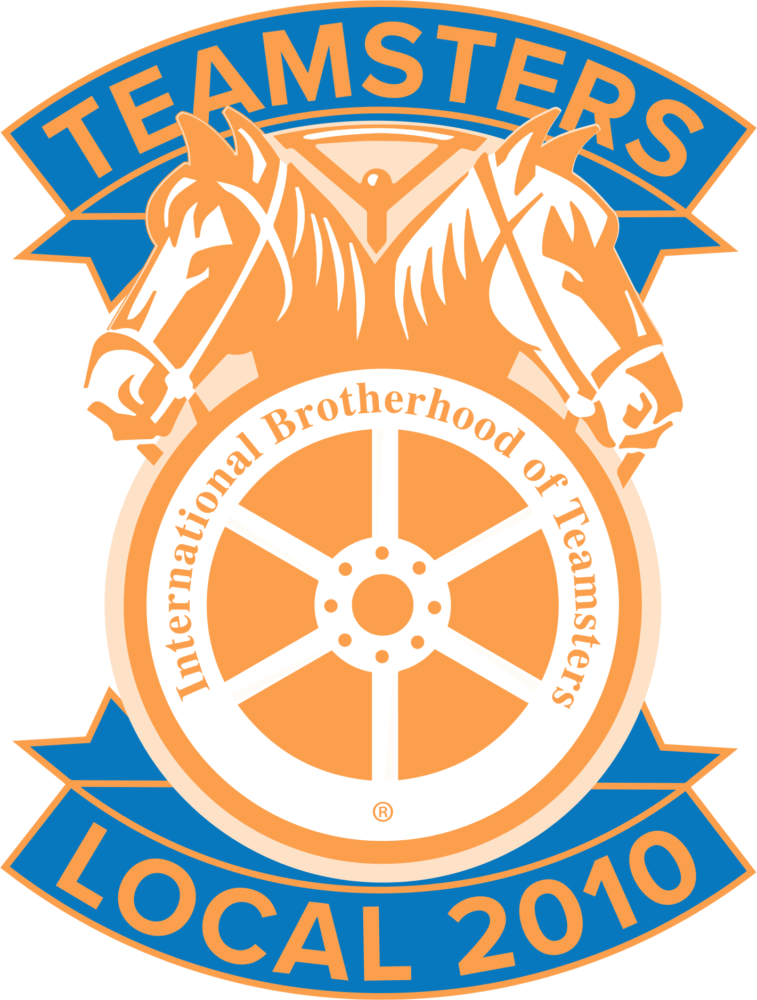ARTICLE 38
TRAINING AND DEVELOPMENT
A. GENERAL CONDITIONS
1. Subject to the provisions herein, employees may participate in any class, training or career development program, related to the employee’s job or any other University position. Unless the University determines the proposed class, training or development is not job or University position related, or denies release time based on operational considerations, employees shall be granted flexible or alternate work scheduling, leave without pay, leave at full or part pay, full or part payment of fees and expenses, and/or temporary or part – time reassignment in another department, provided that:
a. The employee has completed his or her probationary period; and
b. The employee’s performance is satisfactory or better;
c. Participation in educational or training programs during scheduled work hours is approved in advance by the University.
2. When the University requires attendance at an educational or training program, the University will pay the fees and related costs for materials, travel and per diem, and the employee’s attendance at the actual program shall be considered time worked.
a. Education or training which is suggested or recommended, but not required, is not “required” within the meaning of this Article.
b. Education or training for the acquisition or maintenance of a license shall not qualify as “required” within the meaning of this Article.
3. Employees attending University courses or seminars shall be eligible for fee reductions applicable to other staff employees at their location. Employees attending University courses or seminars shall not be eligible for the services or facilities of counseling centers, gymnasium, or student health services incidental to such reduced – fee registration.
4. Non – probationary career employees who are residents of the State of California are eligible to enroll in regular session courses for up to nine u nits or three courses per quarter or semester, upon payment of one – third of the University Registration Fee (URF) and one – third of the University Educational Fee (UEF). For purposes of clarification, regular session courses are those which are state – supported and do not include programs that do not receive state funding and are funded exclusively from self – generating revenue. In the event the University provides additional URF and UEF reductions to other eligible staff employees, the employees in this uni t shall receive such fee reductions, to the same degree that other staff employees are so eligible.
5. Eligibility for discounts for other University of California courses and programs, including University Extension courses, are at the sole discretion of the University.
6. Nothing contained in this Agreement will preclude the University from granting additional training and career development opportunities.
7. In the event the University establishes new training programs open to all staff employees, Teamsters 2010 unit employees shall be eligible to participate in such programs to the same degree as other staff employees.
8. A non – probationary, employee is eligible for up to 40 hours of paid release time per calendar year for job – related or University career – r elated training, except as described below. A part – time career employee’s yearly entitlement shall be prorated based on his/her appointment rate. A variable time employee’s yearly entitlement shall be prorated based on the average monthly hours worked in the previous six months. Such paid release time must be scheduled according to staffing requirements. Training courses provided by the University shall be included in the 40 hours.
a. An employee may be required to submit proof that s/he utilized the paid release time for the class, training or career development program.
b. If the University denied an employee’s requested job or University career related training/development based on operational considerations, the employee may submit a written request i n accordance with campus procedures to carry over the requested unused hours of paid release time for job – related and/or University career – related training. Such requests shall not be unreasonably denied. Any hours approved for carry over must be used by the end of the following calendar year and will not carry over into any subsequent year.
9. The University acknowledges and supports career development training that will enhance the skills necessary to successfully perform the employee’s job, or other University – career positions.
B. DISPUTES
1. The University shall respond in writing to an employee’s request within 15 (fifteen) calendar days.
2. Disputes arising from this article may be appealed to the department head in writing within 10 days of the denial. The department head, or his/her designee, shall respond in writing within 10 days stating reasons the appeal is denied. If the department head fails to provide the required response within 10 days, the employee may file a grievance in accordance with Article 7 – Grievances only through Step 2 of the Grievance Procedure. In no circumstances shall such grievances be eligible for appeal to Step 3 of Article 7 – Grievance Procedure, or Article 3 – Arbitration Procedure. The remedy for grievances alleging a violation of this Development article shall be limited to providing the written reasons for the denial of training.
C. LAWRENCE BERKELEY NATIONAL LABORATORY
LBNL current policy on hours of work shall be in effect for employees at Lawrence Berkeley National Laboratory and shall supersede the provisions of this Article when in conflict with the Agreement .
